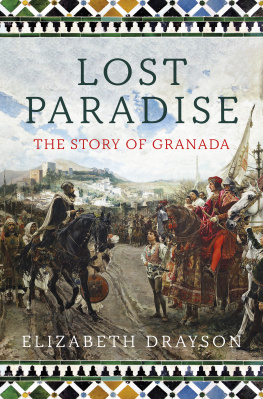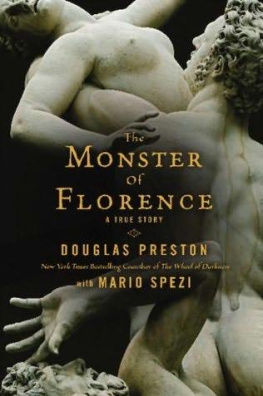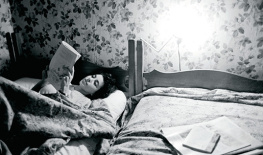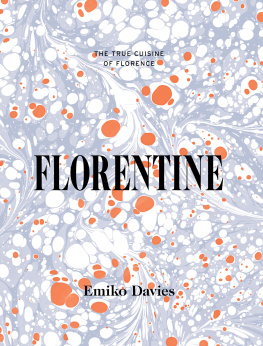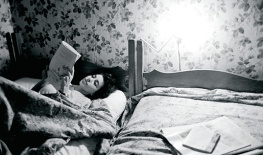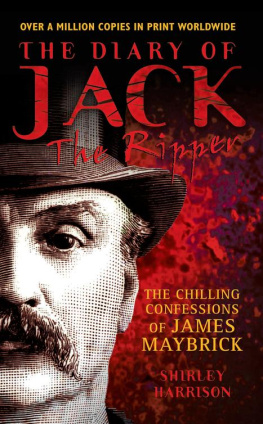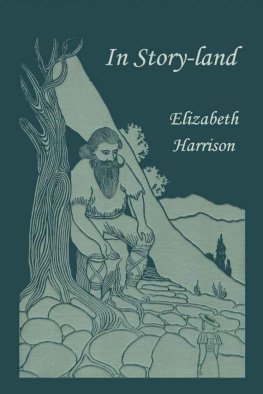Florence Elizabeth Maybrick - Mrs. Maybricks Own Story - My Fifteen Lost Years
Here you can read online Florence Elizabeth Maybrick - Mrs. Maybricks Own Story - My Fifteen Lost Years full text of the book (entire story) in english for free. Download pdf and epub, get meaning, cover and reviews about this ebook. year: 2021, publisher: Read Books Ltd, genre: Romance novel. Description of the work, (preface) as well as reviews are available. Best literature library LitArk.com created for fans of good reading and offers a wide selection of genres:
Romance novel
Science fiction
Adventure
Detective
Science
History
Home and family
Prose
Art
Politics
Computer
Non-fiction
Religion
Business
Children
Humor
Choose a favorite category and find really read worthwhile books. Enjoy immersion in the world of imagination, feel the emotions of the characters or learn something new for yourself, make an fascinating discovery.

- Book:Mrs. Maybricks Own Story - My Fifteen Lost Years
- Author:
- Publisher:Read Books Ltd
- Genre:
- Year:2021
- Rating:3 / 5
- Favourites:Add to favourites
- Your mark:
- 60
- 1
- 2
- 3
- 4
- 5
Mrs. Maybricks Own Story - My Fifteen Lost Years: summary, description and annotation
We offer to read an annotation, description, summary or preface (depends on what the author of the book "Mrs. Maybricks Own Story - My Fifteen Lost Years" wrote himself). If you haven't found the necessary information about the book — write in the comments, we will try to find it.
Mrs. Maybricks Own Story - My Fifteen Lost Years — read online for free the complete book (whole text) full work
Below is the text of the book, divided by pages. System saving the place of the last page read, allows you to conveniently read the book "Mrs. Maybricks Own Story - My Fifteen Lost Years" online for free, without having to search again every time where you left off. Put a bookmark, and you can go to the page where you finished reading at any time.
Font size:
Interval:
Bookmark:


OWN STORY
ELIZABETH MAYBRICK
INTRODUCTORY ESSAY
The Relations of Women to Crime
BY ELY VAN DE WARKER

an imprint of Read & Co.
way without the express permission of the publisher in writing.
A catalogue record for this book is available
from the British Library.
For more information visit
www.readandcobooks.co.uk
Friends in America and England
Who, with Unwavering Faith in
My Innocence, Worked Steadfastly for my Freedom,
This Book is Gratefully Dedicated.
OF WOMEN TO CRIME
Font size:
Interval:
Bookmark:
Similar books «Mrs. Maybricks Own Story - My Fifteen Lost Years»
Look at similar books to Mrs. Maybricks Own Story - My Fifteen Lost Years. We have selected literature similar in name and meaning in the hope of providing readers with more options to find new, interesting, not yet read works.
Discussion, reviews of the book Mrs. Maybricks Own Story - My Fifteen Lost Years and just readers' own opinions. Leave your comments, write what you think about the work, its meaning or the main characters. Specify what exactly you liked and what you didn't like, and why you think so.


